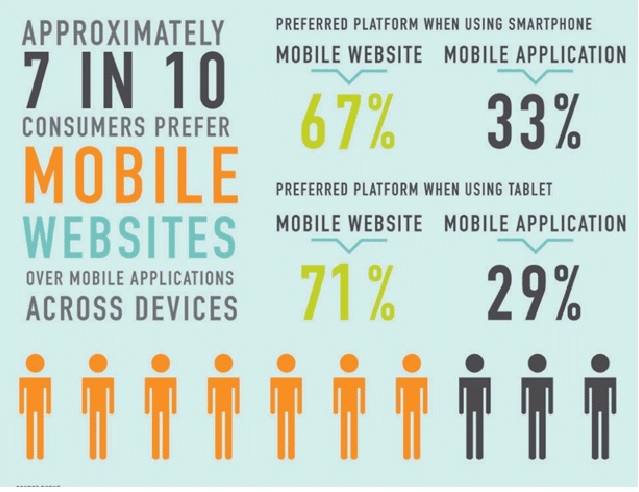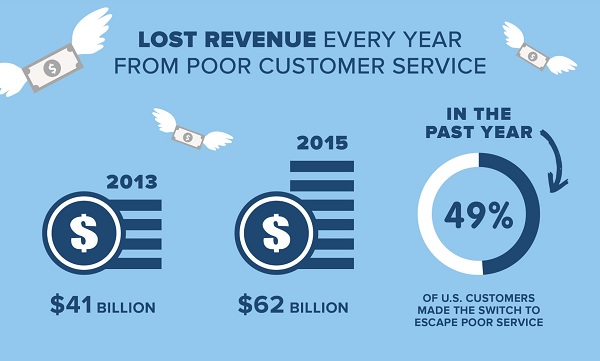Currently, there are $3.3 trillion ecommerce sales worldwide and is expected to double by 2021—a trend that is opening doors to numerous Ecommerce professionals selling and promoting products online.
Ecommerce digital marketing is rapidly growing that a projected 95% of purchases will be made through online shopping by 2040.
67% of millennials and 56% of Gen Xers prefer shopping online versus in a brick-and-mortar store. Click To TweetWhat are the advantages of E-commerce?
The main reason is the way we live every single day. Millions of people nowadays check their mobile phones first thing in the morning and can’t even leave their homes without one! Ecommerce marketing has made it possible for each one of us to live the fast, easy, and comfortable life.

Need to know about the product before buying it? Search Google. Need to compare prices, product features, and user reviews? Go to Amazon, Shopify, or eBay. It’s that simple. No need to go to a physical store when you can have it delivered straight to your place, right?
With this, an e-commerce business owner would think it’s easy to hit it big in the digital space, but it’s not entirely true. When you work with an Ecommerce marketing agency, you will find out that there are key online strategies that you need to work on to scale and grow your ecommerce business.
3 reasons why 80% of all e-commerce businesses fail: Customers don’t know how to use your site, product value isn’t clear, and navigation is difficult. Click To TweetWhat makes an ecommerce site successful?
Starting an ecommerce business from scratch requires minimum effort especially when you build one up from an already established site like Amazon. But it’s the “running” and “growing” your ecommerce store successfully that will need your 100% commitment.

An Ecommerce marketing manager can introduce you to the ecommerce trends like omnichannel marketing, the use of apps, chatbots, voice assistants, customer service personalization, etc. in marketing, selling, and fulfilling aspects of e-commerce.
A sophisticated digital marketing strategy is essential for any modern seller to cut through the noise and find interested consumers. ~Channeladvisor Click To TweetWhat are the key factors for success in ecommerce?
1. Positioning your brand to the right customers
Understanding first how your prospects search, what they see, and where they go will bring you targeted Ecommerce business opportunities. Make sure that your business stands for something specific in the minds of customers. One way to differentiate your ecommerce site is to solve a problem, especially one that only a few or nobody else is solving.
2. Give personalized experience to the individual user
Now that you know your customers’ past and current behavior, use the ecommerce platform’s algorithms and functionalities like the “similar products”, “frequently bought together”, “you might also like”, and “customers who bought this item also bought” recommendation features to personalize each user experience.
80% of American shoppers say that shipping price and speed are very or extremely influential in determining where they shop. ~Channeladvisor Click To Tweet3. Interact with customers first and build trust
- Customer interaction makes up for most of the top eCommerce success factors. People should feel involved and important so they will more likely to align themselves with your brand. Take Amazon’s Prime membership—it adds a level of “attachment” to its overall service.
- Don’t make customers run in circles. Site navigation, call to actions, and checkout process should always be easy.
- Reinforce what your business does and make your contact information visible right on your website (at the bottom or top of every page on your site).
- Transparency builds trust. Be upfront when it comes to charges, such as extra costs for shipping and handling, as no one likes hidden fees.
- Boost overall engagement. Use the power of social media channels to promote your e-commerce site.
- If applicable, embed interactive content into your website like videos, animated images, games, quiz, etc.
4. Bring in quality traffic to your e-commerce store using SEO
Keyword research and web analytics are just few of the search engine optimization (SEO) methods an Ecommerce agency can help you with. Remember that your brand is also a keyword. The idea is to give searchers the most qualified results for their queries.
Average Conversion Rates:

Implementing SEO can help equip your content and landing pages with relevant keywords to receive a higher Google ranking. Web visitors only see whatever information is available so provide a thick description of your product pages and highlight key benefits. Content marketing and blogging can create interest in your new product line before it even launches.
43% of E-commerce traffic is coming from organic Google searches. This means that it’s essential to build your ecommerce with an SEO plan. ~Channeladvisor Click To Tweet5. Have a customer support rep ready to help anytime
Nothing beats human touch. Give customers access to a human who can help them with their concerns, answer urgent questions, and give updates in real time. Even when the entire shopping experience is automated and done online, a personal contact is still essential for when things go wrong and customers would need to “talk to someone” to settle matters in minutes.
E-commerce shoppers are always looking for convenience, lower prices, free shipping, faster waiting/delivery time, transparency, and overall excellent buying experience.
Working on your Ecommerce marketing strategy? Talk to us today! Our experienced E-commerce Virtual Assistants can help you with customer support and manage your seller account, so that you can focus on truly understanding your customers’ needs, wants, and desires.
Not only that, our VAs can assist you with e-commerce operations such as Shipping and Inventory, Product Research, Product Listing, Product Reviews and Seller Feedback, Copywriting, and more. CALL US at 1-866-596-9041.
Reference:
channeladvisor.com
neilpatel.com
thebalancesmb.com
kinsta.com






